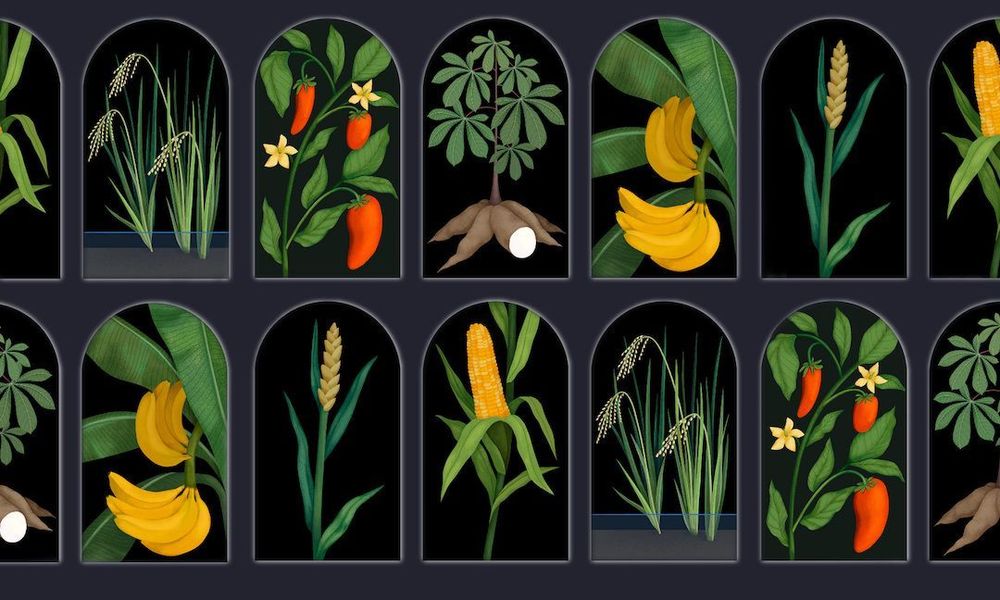
Dive deeper here: cs.is/4l3jAse
04.08.2025 16:41 — 👍 0 🔁 0 💬 0 📌 0@foodwater.csis.org
Proposing nonpartisan policy solutions to food and water insecurity in the U.S. and around the world.

Dive deeper here: cs.is/4l3jAse
04.08.2025 16:41 — 👍 0 🔁 0 💬 0 📌 0Our latest Digital Report also explores how seeds underpin global food security.
Our experts point to national & international genebanks & seed banks as the ultimate defense for agriculture’s emerging threat landscape.
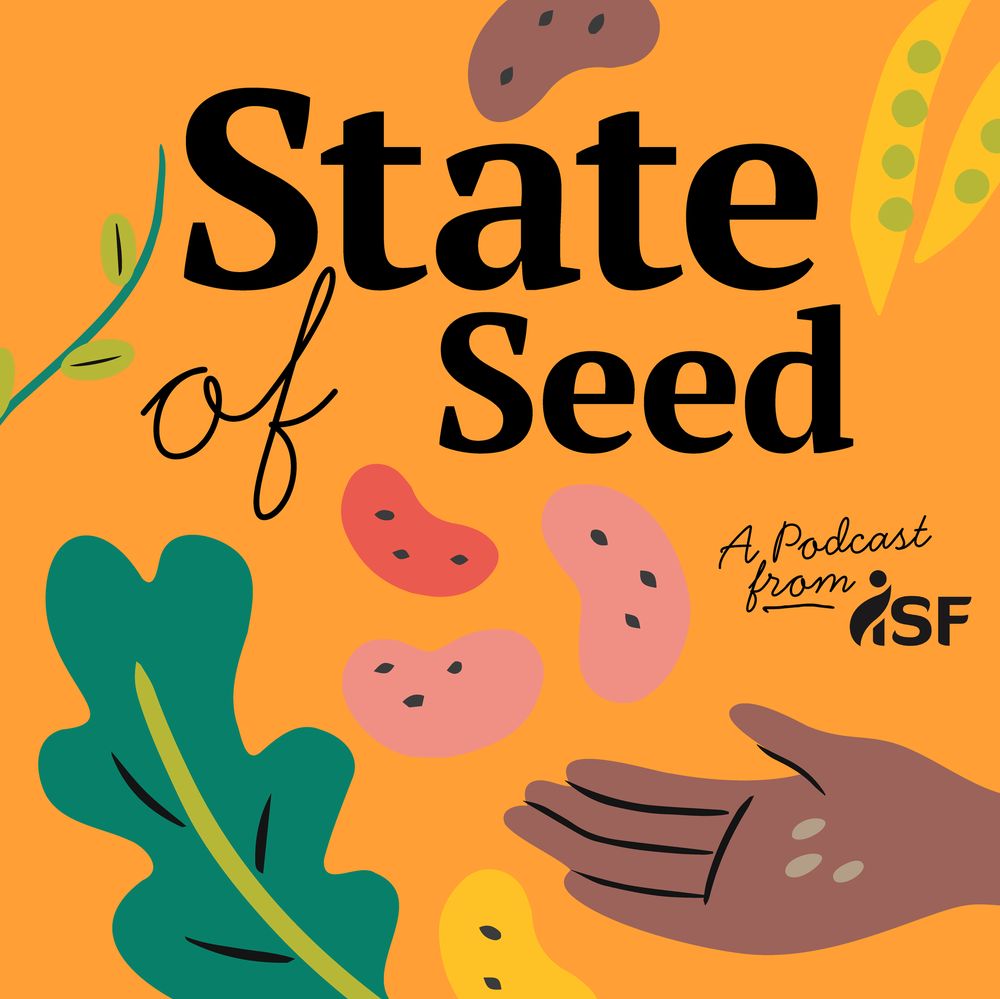
State of Seed explores why seeds are increasingly central to climate resilience, trade policy, and sustainable development.
Tune in to the podcast here: link.foreignpolicy.com/view/660d41b...
NEWS: @foreignpolicy.com launched season 2 of its podcast series State of Seed, offering a micro-level analysis of one of Earth’s most overlooked resources: seeds.
Over 50% of what we eat comes from seeds, but most people know very little about them.
Follow the thread for more insights ⤵️
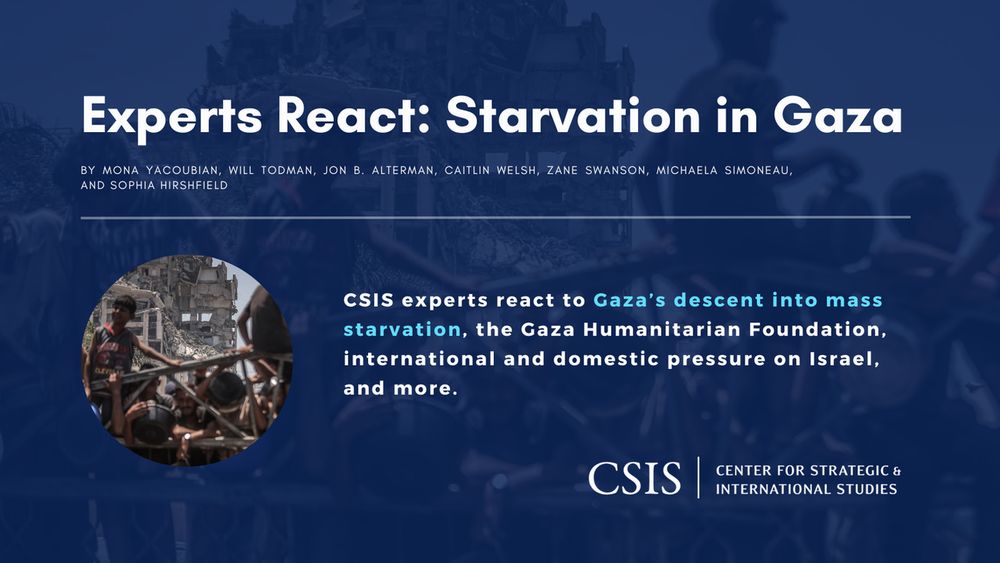
NEW: Today, @theipcinfo.bsky.social confirmed for the first time that the worst-case scenario of famine in Gaza has become a reality.
Experts Caitlin Welsh & @zaneswanson.bsky.social explain what this alert means & the catastrophic conditions facing Gazans.
🔗 Full analysis here: cs.is/44RDQHZ

NEW: @mideast.csis.org and @foodwater.csis.org experts react to Gaza’s descent into mass starvation, the Gaza Humanitarian Foundation, international and domestic pressure on Israel, and more.
🧵Read their insights: www.csis.org/analysis/exp...
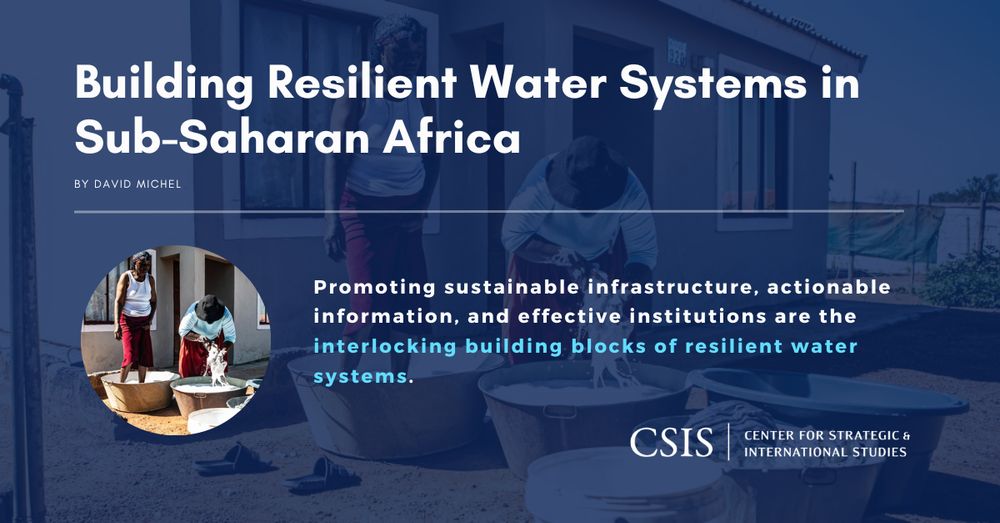
NEW: In Sub-Saharan Africa—the world’s most water-insecure region—70% lack access to safe drinking water.
A resilient water future demands investment in institutional capacities alongside the physical infrastructure.
Read the analysis by Senior Fellow David Michel: cs.is/4lQDIhW
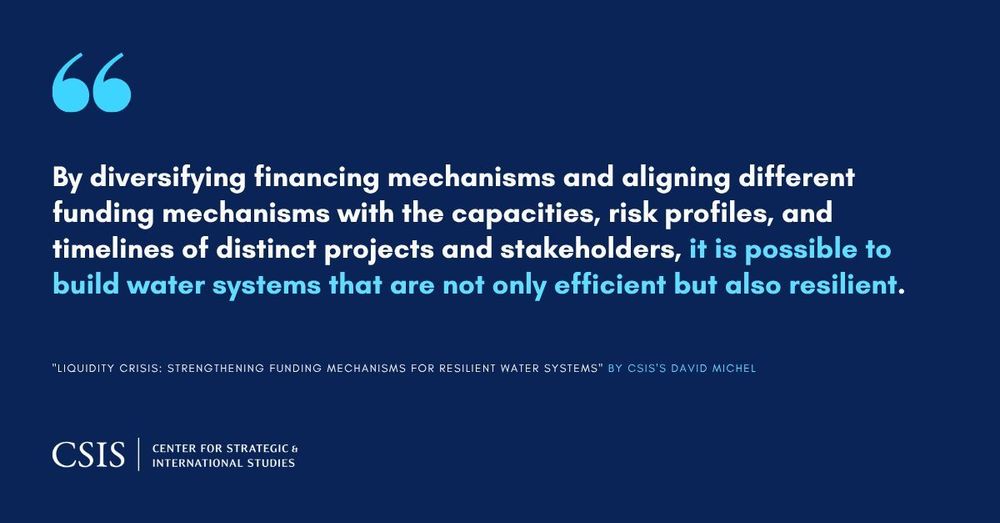
David calls for stronger, more diverse financing mechanisms for resilient water systems, aligning them with local development priorities and capacities.
Read his full analysis here: cs.is/42pMAUD
Senior Fellow David Michel argues that inadequate access to water services raises economic, health, and social risks.
As of 2022, 2.2 billion people lacked safely managed drinking water.
Roughly 80% of diseases and 50% of child deaths worldwide are related to poor water quality.
In Mali, Lebanon, and Kenya, work has stopped half-finished—leaving holes half dug, building supplies unguarded, and millions of people without promised clean drinking water or sanitation.
22.07.2025 16:17 — 👍 0 🔁 0 💬 1 📌 0#NEWS: Dozens of U.S.-funded water projects around the world have been abruptly halted due to foreign aid cuts, @reuters.com reports.
Check out the thread below ⤵️
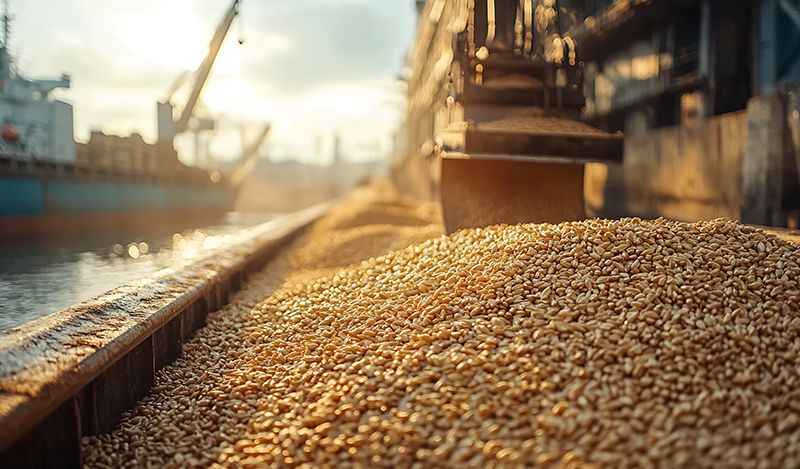
Read the full report for more insights: www.aei.org/research-pro...
17.07.2025 14:58 — 👍 0 🔁 0 💬 0 📌 0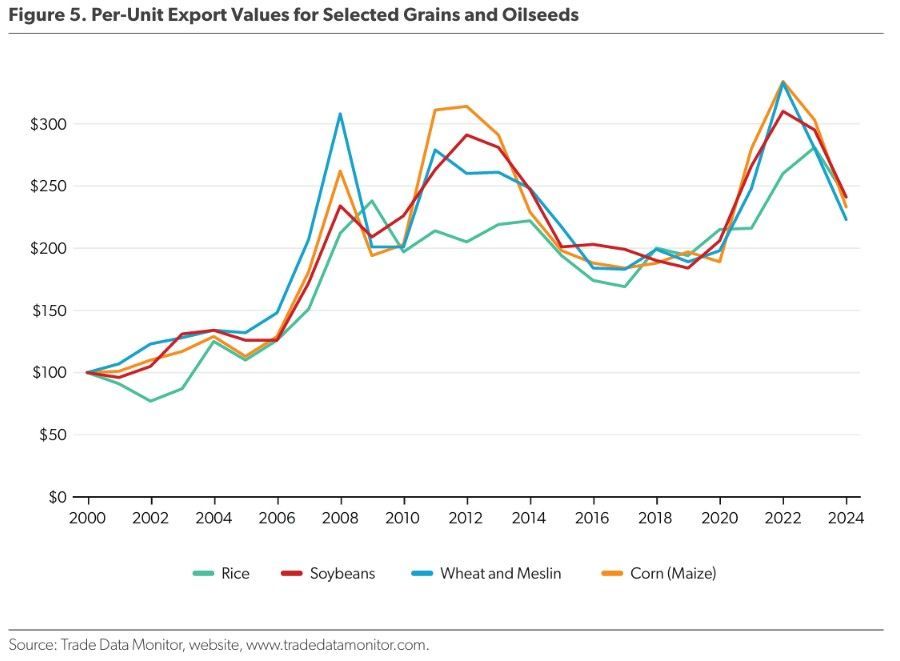
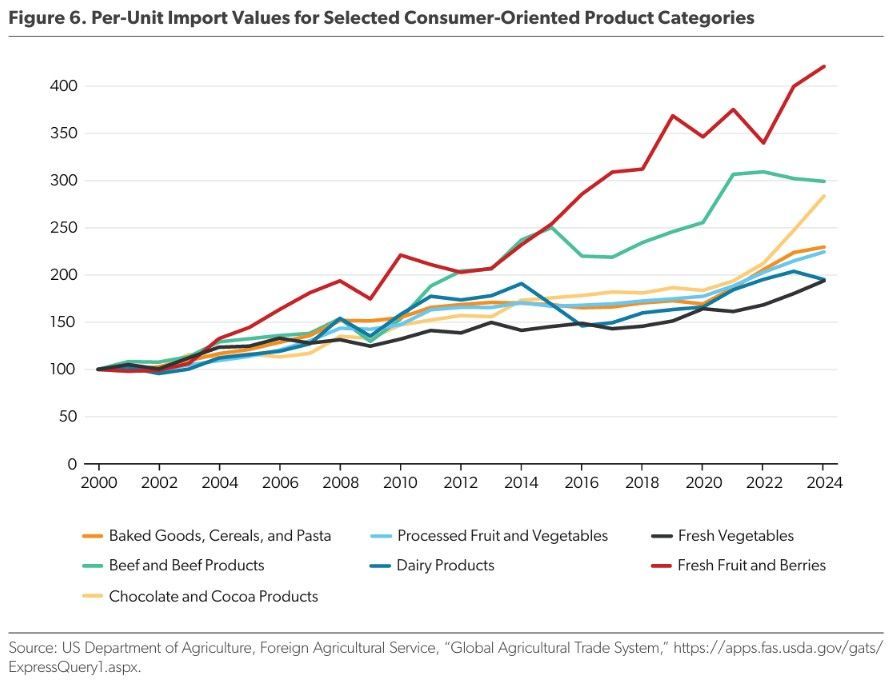
The current trade deficit is due to the effects of price changes rather than quantity increases or decreases.
Prices are largely determined at global levels, over which secretaries of agriculture & other policymakers have limited influence.
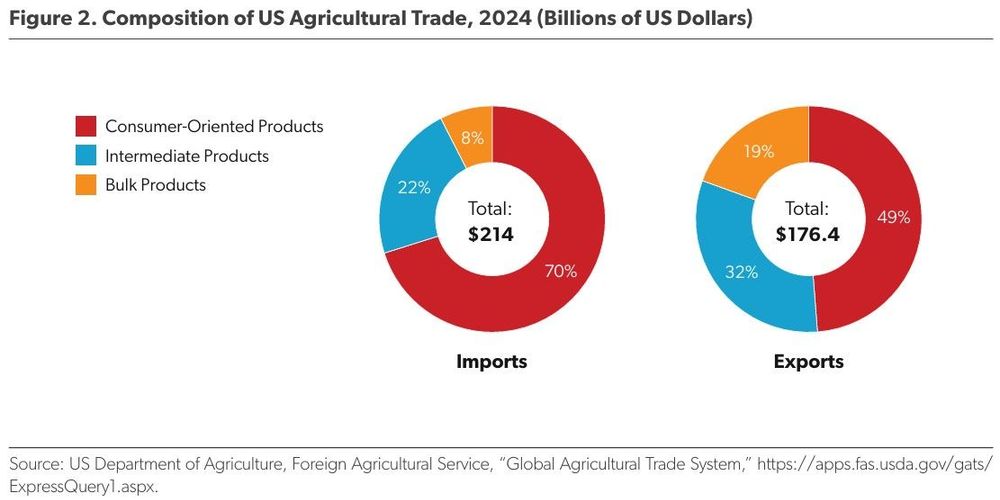
Agricultural products that the United States imports are mostly different from the commodities it produces & exports.
Imported goods tend to be consumer-oriented products like fresh fruits & vegetables, which have costs that have increased significantly with global inflation.
"The rising agricultural trade deficit is a relatively recent phenomenon, but it should not be a cause for alarm," argues Senior Adviser (Non-resident) Joseph Glauber in a new report for the American Enterprise Institute.
17.07.2025 14:58 — 👍 1 🔁 0 💬 1 📌 0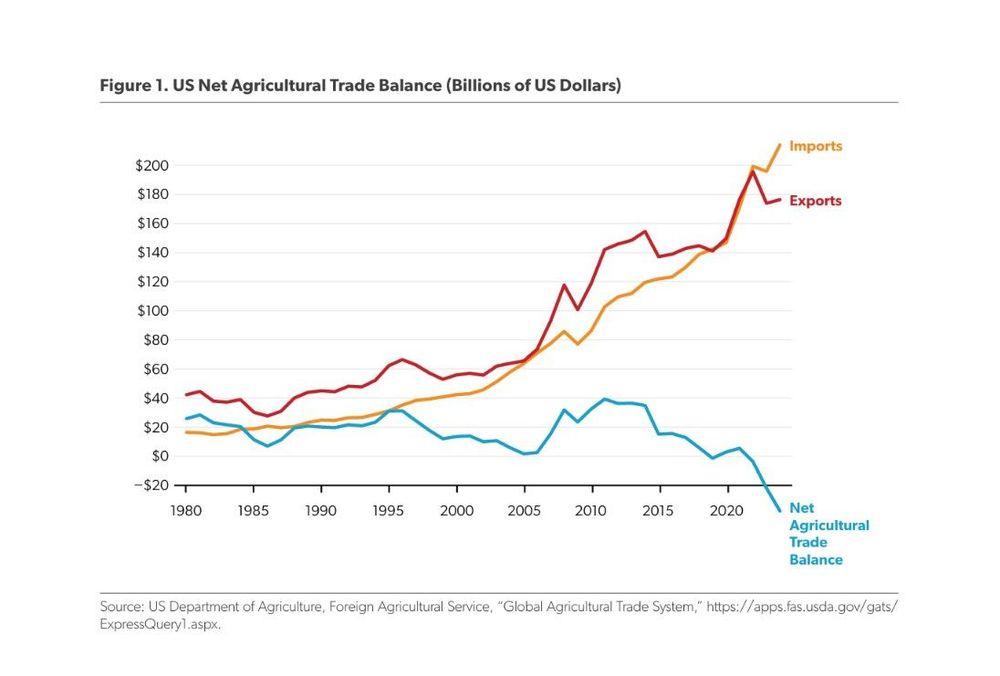
In 2024, the U.S. agricultural net trade deficit was estimated at around $40 billion—the 3rd straight year in which U.S. agricultural imports exceeded exports.
The USDA projects that the trade deficit will surpass $49 billion for fiscal year 2025.
Follow the thread below ⤵️

HAPPENING NOW: @csis.org welcomes Senate Foreign Relations Committee Ranking Member Jeanne Shaheen for a fireside chat on U.S. soft power and competition with China.
Tune in live to this timely discussion: cs.is/44HXeFW

NEW: On Tuesday, @csis.org welcomes Senate Foreign Relations Committee Ranking Member Jeanne Shaheen for a fireside chat on U.S. soft power and competition with China, moderated by CSIS President and CEO Dr. John J. Hamre.
🗓️ Tuesday, July 15
⏰ 8:45–10:15 AM ET
📍Webcast
Register: cs.is/44HXeFW
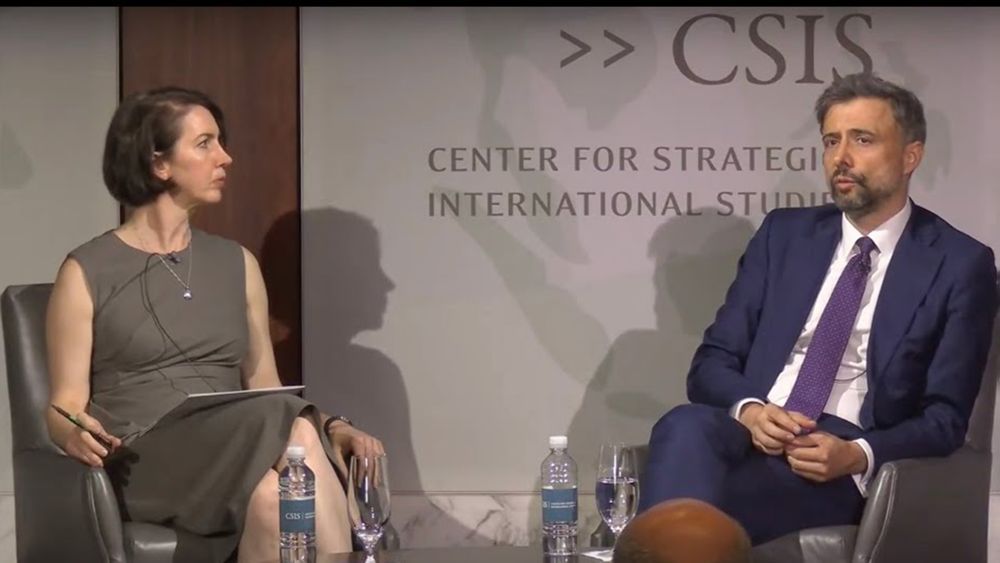
Investing in small-scale ag & local food systems is critical to building resilience.
@ifad.org is leading these efforts, using blended finance to make small-scale ag viable for private investors—even in fragile contexts.
Revisit our discussion with IFAD President Alvaro Lario: cs.is/4luvNqL
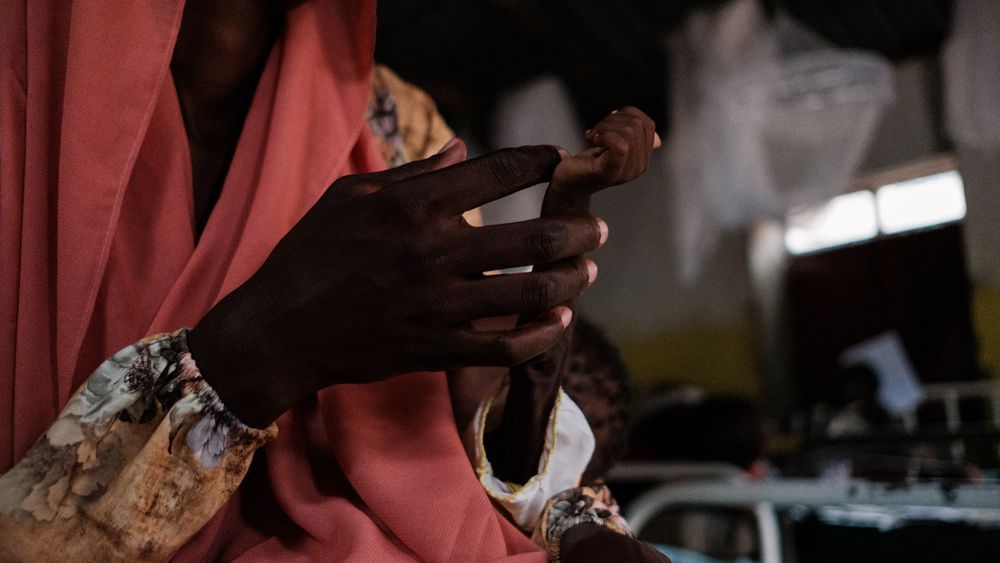
For additional context on conflict & food insecurity in these regions, revisit our CSIS analyses below ⤵️
Sudan: cs.is/4dPzRO9
Gaza: cs.is/4aNKxee
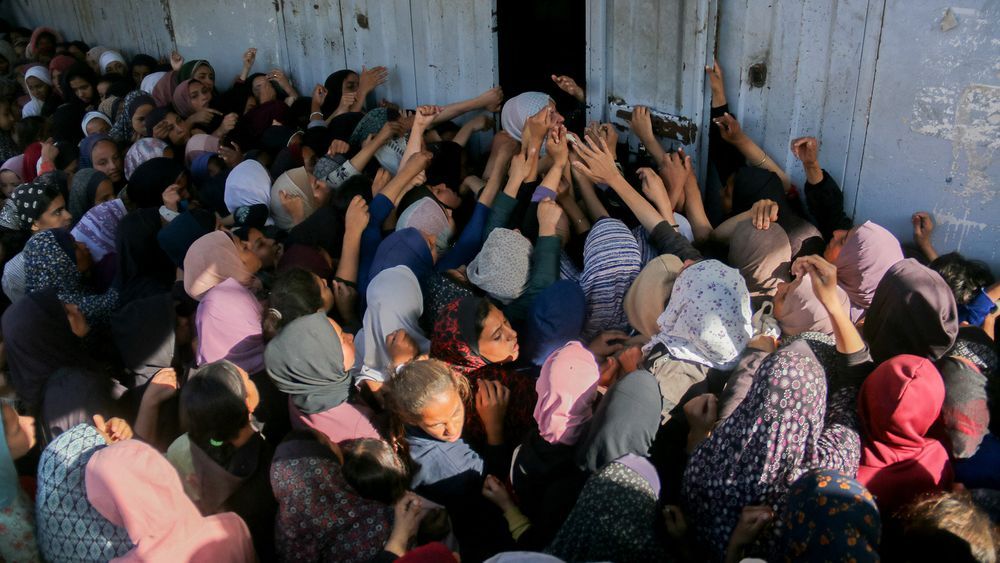
As is the case in both Sudan & Gaza, hunger is a direct consequence of war.
Senior Associate (Non-resident) Chase Sova calls conflict "the single largest driver of hunger today."
His report examines how conflict is accelerating global food insecurity: cs.is/3OFhoZC
FEWS NET recently released a special report on acute food insecurity through September 2025.
Sudan & Gaza remain the areas of highest concern, as extreme levels of hunger & malnutrition are expected to rise through September.
Read the full report here: fews.net/global/speci...
NEWS: The Famine Early Warning Systems Network (FEWS NET) has resumed operations following a months-long shutdown caused by U.S. aid cuts.
@devex.com calls its reactivation a “welcome development for aid agencies around the world."
Follow the thread below ⤵️
Genebanks are key to overcoming a hostile biological & environmental threat landscape.
“It's in the interest of each & every country to conserve its own genetic resources,” argued Stefan Schmitz, Executive Director of the Crop Trust.
Concluding remarks: cs.is/44ccniG
Digital report: cs.is/4l3jAse
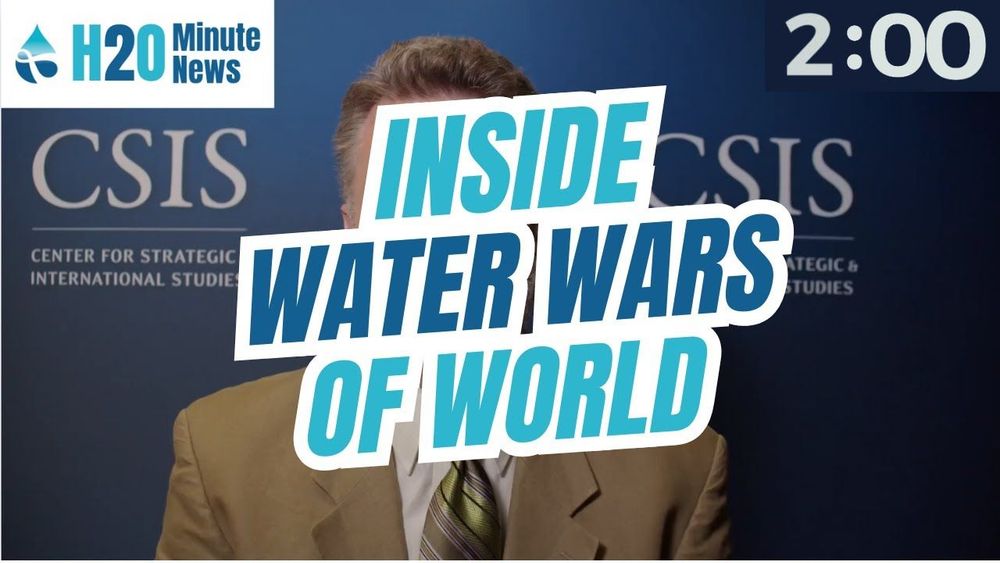
Senior Fellow David Michel recently appeared on the Waterloop to discuss water as a weapon and as a victim of war.
💧 Watch the full video here: cs.is/3ZV7j0W
💧 And check out his podcast miniseries series, Hidden Depths, here: cs.is/4365bnt
“U.S. national security is impossible without the scientific enterprise.” —Rod Schoonover, CEO and founder of the Ecological Futures Group
Read more of his comments from our event with the Crop Trust: cs.is/44ccniG
And explore our digital report on agricultural biodiversity: cs.is/4l3jAse
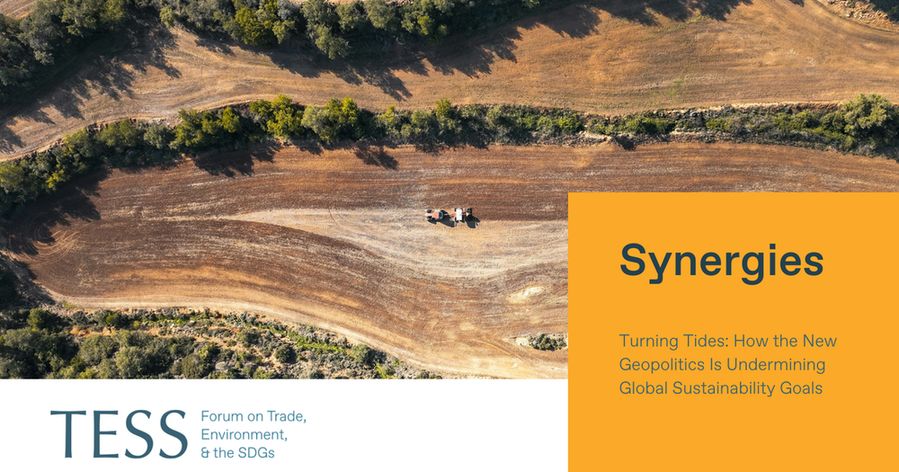
Model results suggest that proposed U.S. tariffs may increase the environmental burden in the ag sector.
Sustaining global progress requires inclusive, coordinated strategies that integrate trade & sustainability goals.
More from Joseph Glauber for @tessforum.bsky.social: cs.is/44IataM
In 1845, late blight devastated Ireland's single variety of potato—triggering a famine that killed about one million people and forced another million to migrate.
Today, challenges like this are becoming increasingly common, as stressors on food systems multiply.
More here: cs.is/4l3jAse
What is the link between agricultural biodiversity & security?
Director Caitlin Welsh emphasizes its role in the "economic security of individuals, food security of populations, ecological security of regions, and national security.”
Read her opening remarks & panel discussion here: cs.is/44ccniG
"Agrobiodiversity is not just resilience. It's strategic resilience. It's purposeful, willing resilience.”
For more comments from Rod Schoonover of the Ecological Futures Group, read the event transcript: cs.is/44ccniG
And dive deeper in our digital report: cs.is/4l3jAse